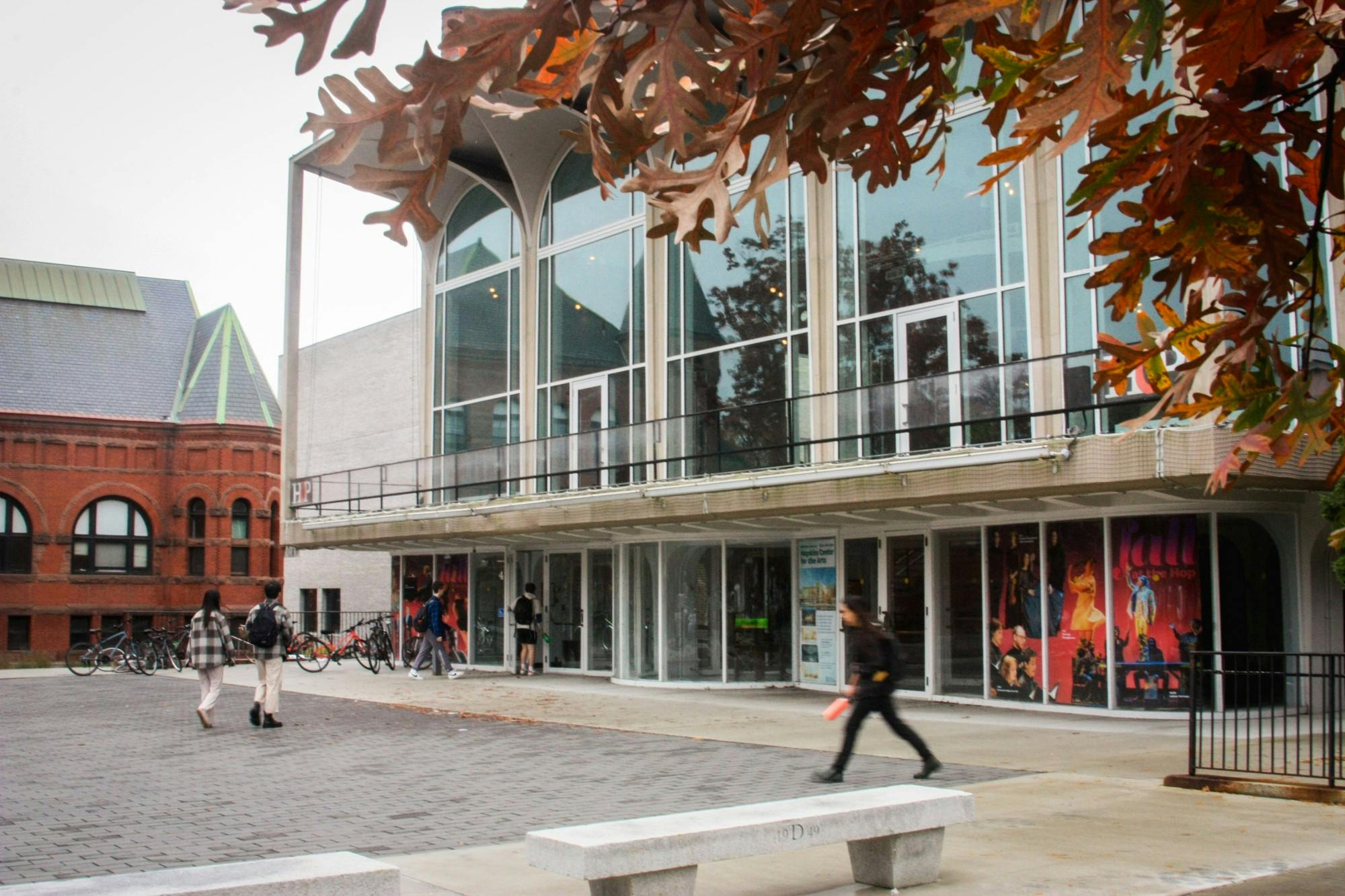As the Hopkins Center for the Arts prepares to undergo its upcoming renovation, many of the College’s arts facilities, including the theater and music departments as well as student workshops, will be displaced. The Black Family Visual Arts Center and the Sudikoff Lab will temporarily house these spaces during the anticipated three-year construction period, according to Hopkins Center director of external affairs Michael Bodel.
The Hopkins Center’s website notes that the renovation is set to begin later this year, with a planned reopening in the fall of 2025. The renovation, led by international architecture company Snøhetta, will create a new 15,000 square foot wing within the Hopkins Center, in addition to transforming an additional 55,000 square feet of existing space.
The new temporary hub for the theater and music departments will be Sudikoff Lab. According to Bodel, theater rehearsal spaces, as well as individual music practice rooms, will be available in Sudikoff during the renovation, and students will not lose the ability to reserve practice spaces.
Bodel added that the jewelry and ceramics studio operations will be temporarily housed in the Black Family Visual Arts Center. He was unable to reveal the new location for the woodshop, which has “substantial [spatial] needs,” but he wrote that the current plan is to have all the student workshop “experiences available in the winter.”
The jewelry studio will retain its current tools and technologies, and the maximum occupancy of students in the studio will not change, according to a statement by its director, Jeff Georgantes. Other workshops will be more affected by the transition, since Bodel cautioned that “some offerings and approaches will not be possible given the technical limitations of those spaces.”
The Dartmouth Dance Ensemble, a professionally led performance group, practices mostly in the Straus Dance Studio in the Berry Sports Center, but the renovations will leave the Ensemble looking for new performance spaces, according to the group’s director, John Heginbotham. He said he was not “put off” by this challenge but is excited to take advantage of other spaces on campus — including Rollins Chapel and The Church of Christ at Dartmouth, which will both be hubs for future music and dance performances during the renovations.
Additionally, performances will continue to be held in locations like the Collis Center, the Green,and BEMA, according to Bodel, who said he was excited about the potential of art to be more central to campus life if it is located “everywhere across campus” — he said there are even plans for the Hopkins Center to create a smaller work of art that could fit in the library.
Most of the Hopkins Center’s other offerings — with the exception of the Courtyard Cafe — will also find new homes in the coming months, Bodel wrote. The social events that normally occur at the Top of the Hop and the talks hosted by the Hopkins Center will be relocated to spaces in the Black Family Visual Arts Center. The Hinman Mail Center will be displaced to a currently undisclosed location on campus, he added.
The renovation will have no direct impact on the Courtyard Cafe, according to Dartmouth Dining Services director Jon Plodzik. He wrote in an emailed statement that the Courtyard Cafe “will remain open throughout all phases of the work with our regular schedule,” and he encouraged students to continue visiting the “iconic venue during construction.”
“It’s not that we are closed,” Bodel noted about the Hopkins Center’s status during the renovation. “It’s that we are now everywhere.”


